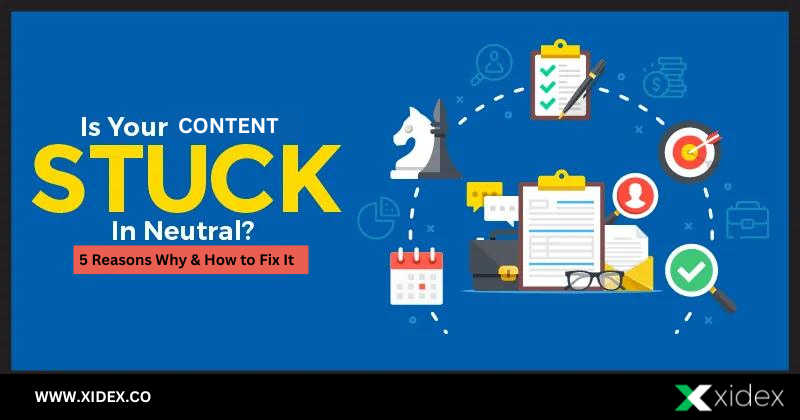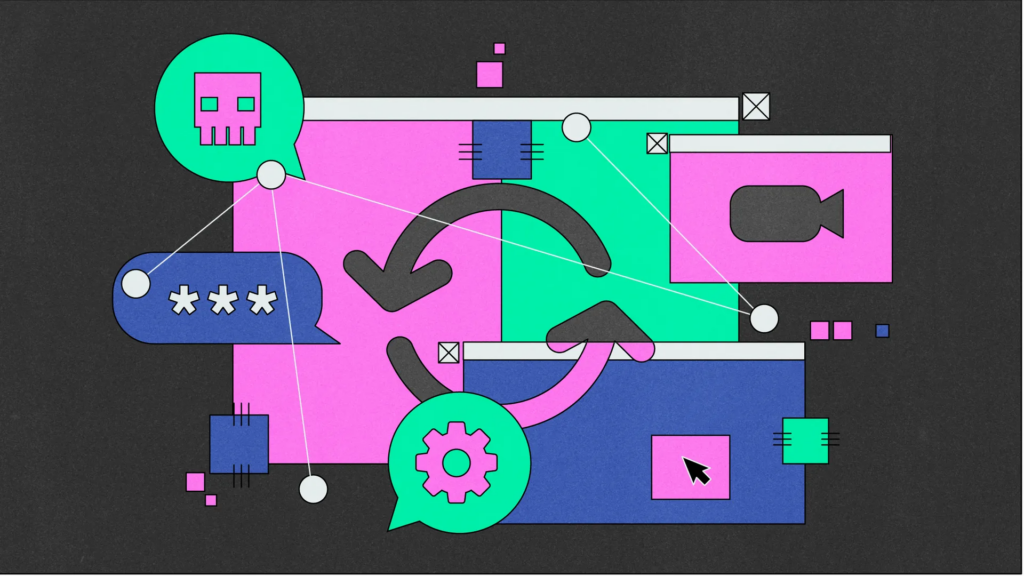What is Google Cloud?
Google Cloud is a cloud computing platform that provides a wide range of cloud services to help individuals and organizations build, deploy, and manage their applications and data in the cloud. It is operated by Google and offers a range of services that include computing, storage, networking, data analytics, machine learning, security, and more.
Google Cloud is a cloud computing platform offered by Google that provides a range of services and tools for building, deploying, and managing applications and infrastructure in the cloud. Google Cloud offers a wide range of services including compute, storage, networking, machine learning, data analytics, and more. These services can be used individually or combined to create custom solutions for a variety of use cases. Some popular services offered by Google Cloud include Google Compute Engine, Google Kubernetes Engine, Google Cloud Storage, and Google BigQuery. Google Cloud also offers a range of tools for developers, including Cloud SDK, Cloud Console, and Cloud Shell, which allow developers to manage their cloud resources using command-line tools or a web-based user interface. Overall, Google Cloud is a powerful platform for building and scaling applications in the cloud, with a wide range of services and tools available to meet the needs of developers and businesses of all sizes.
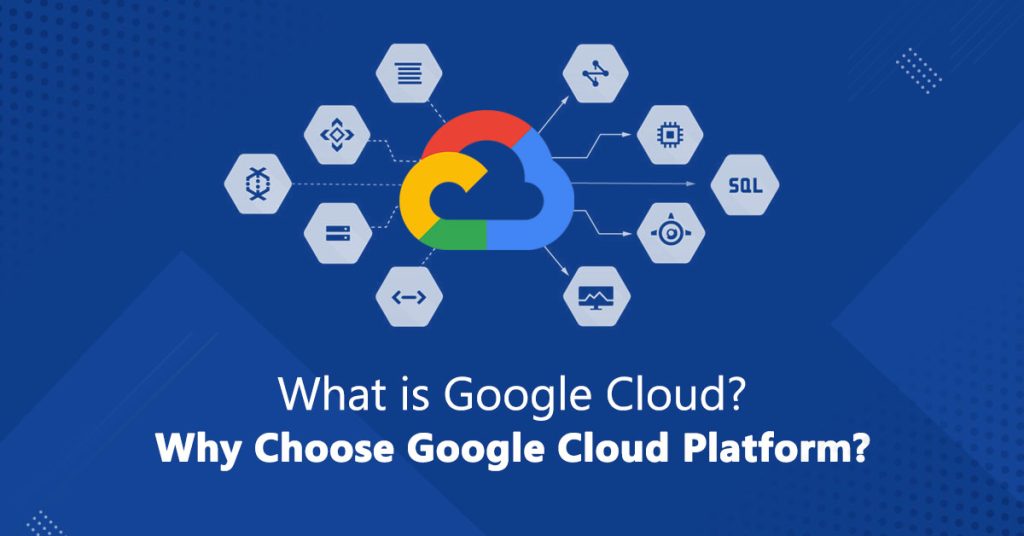
Overview of Google Cloud offerings
Google Cloud offers a range of tools and services to help users leverage the power of the cloud, including:
- Compute Engine: A virtual machine service that lets you run applications on Google’s infrastructure.
- Kubernetes Engine: A managed service that lets you deploy and manage containerized applications using Kubernetes.
- App Engine: A platform-as-a-service (PaaS) offering that lets you build and deploy web applications and APIs.
- Cloud Storage: A scalable object storage service that lets you store and access data from anywhere on the internet.
- BigQuery: A fully managed data warehouse service that lets you analyze large data sets using SQL queries.
- Cloud AI Platform: A suite of tools and services for building and deploying machine learning models.
- Cloud Identity and Access Management (IAM): A service that lets you manage access to your resources and services in Google Cloud.
Google Cloud offers a comprehensive set of cloud services that can help businesses and individuals manage their IT infrastructure and develop, deploy, and scale their applications and services.
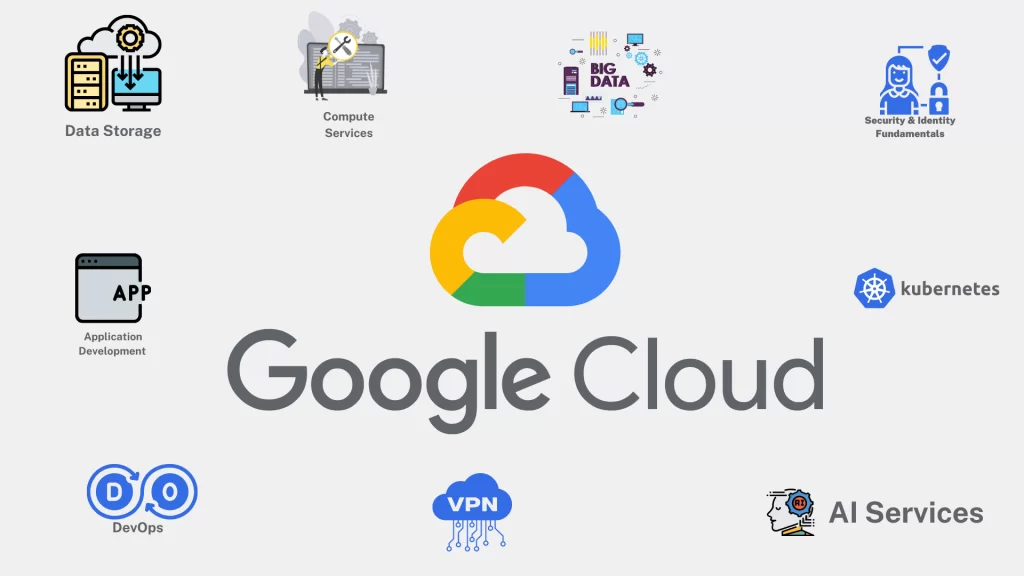
Google Cloud offers a wide range of cloud services and solutions to help individuals and organizations build, deploy, and manage their applications and data in the cloud. Here’s an overview of some of the key offerings:
- Compute: Google Compute Engine provides virtual machines for running applications and workloads on Google’s infrastructure, while Kubernetes Engine provides managed Kubernetes clusters for containerized applications.
- Storage: Google Cloud Storage provides scalable and secure object storage for files, while Cloud SQL offers managed MySQL and PostgreSQL databases in the cloud.
- Big Data: Google Cloud offers a variety of big data solutions, including BigQuery for data warehousing, Cloud Dataflow for data processing, and Cloud Pub/Sub for messaging and event-driven computing.
- Machine Learning: Google Cloud AI Platform provides tools and services for building and deploying machine learning models, including AutoML for creating custom models without extensive coding.
- APIs: Google Cloud APIs offer a wide range of functionality, from translating text to analyzing images to speech recognition.
- Security: Google Cloud provides a variety of security services, including Identity and Access Management (IAM), Security Command Center, and Key Management Service.
- Management: Google Cloud offers tools for managing your cloud resources, including Stackdriver for monitoring, logging, and diagnostics, and Cloud Deployment Manager for automated infrastructure management.
Overall, Google Cloud provides a comprehensive set of cloud offerings to help organizations of all sizes and types manage their IT infrastructure, develop, deploy, and scale their applications and services, and leverage the power of big data and machine learning.
Google Cloud Higher-level services
Higher-level services in Google Cloud refer to the platform-as-a-service (PaaS) and software-as-a-service (SaaS) offerings that enable developers to focus on building applications without worrying about the underlying infrastructure. Here are some of the higher-level services offered by Google Cloud:
- App Engine: A fully managed PaaS offering for building and deploying web applications and APIs. It supports multiple programming languages, including Java, Python, PHP, and Node.js.
- Cloud Functions: A serverless compute service that lets you run event-driven code without worrying about infrastructure. It supports multiple triggers, including HTTP requests, Pub/Sub messages, and Cloud Storage events.
- Cloud Run: A managed compute platform that lets you run stateless containers in a serverless environment. It supports Docker containers and is fully integrated with Kubernetes.
- Firebase: A mobile and web application development platform that provides a range of services, including authentication, hosting, storage, and real-time database.
- Dialogflow: A conversational AI platform that lets you build chatbots, voice assistants, and other conversational interfaces.
- Cloud Composer: A fully managed workflow orchestration service that lets you author, schedule, and monitor workflows built using Apache Airflow.
Overall, higher-level services in Google Cloud enable developers to build and deploy applications more efficiently, without worrying about the underlying infrastructure. They also provide a range of tools and services that simplify common tasks, such as authentication, database management, and workflow orchestration
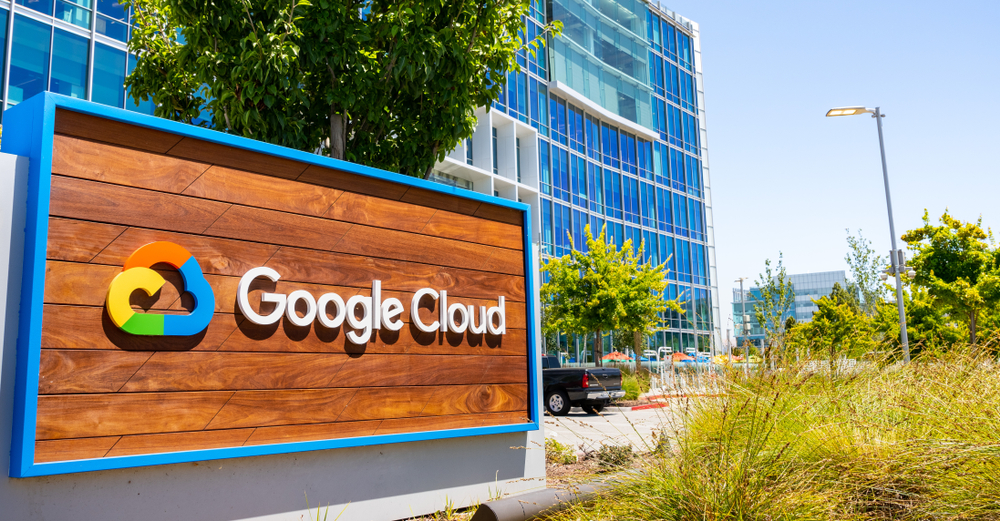
Google Cloud pricing options
Google Cloud offers various pricing options to suit different needs and budgets. Here are some of the key pricing models available:
- Pay-as-you-go: With this model, you only pay for the resources you use, such as virtual machines, storage, and networking. There are no upfront costs, and you can scale up or down as needed.
- Sustained use discounts: With this model, you can receive automatic discounts based on your usage over time. The more you use, the greater the discount you receive.
- Committed use discounts: With this model, you can commit to using a certain amount of resources for a specified period, such as one or three years. In exchange, you receive significant discounts on the resources you commit to.
- Preemptible VMs: With this model, you can use short-lived, low-cost virtual machines for batch jobs and other non-critical workloads. These VMs may be interrupted at any time, but offer significant cost savings compared to regular VMs.
- Free tier: Google Cloud offers a free tier that includes a range of services, such as compute, storage, and data analysis, up to certain usage limits. This is a good option for testing and experimenting with the platform.
In addition to these pricing models, Google Cloud also offers custom pricing for large enterprises and organizations with complex needs. You can use the Google Cloud Pricing Calculator to estimate the cost of using various services based on your usage patterns and requirements.
Google Cloud competitors
Google Cloud has several competitors in the cloud computing market. Here are some of the key competitors:
- Amazon Web Services (AWS): AWS is the largest cloud provider in the market, with a wide range of services and features. It offers a similar set of services to Google Cloud, including compute, storage, database, and machine learning.
- Microsoft Azure: Azure is another major cloud provider, with a focus on enterprise customers. It offers a range of services similar to Google Cloud, including compute, storage, and machine learning.
- IBM Cloud: IBM Cloud offers a range of cloud services, including compute, storage, and database. It also has a focus on hybrid cloud, with options for running workloads both on-premises and in the cloud.
- Oracle Cloud: Oracle Cloud offers a range of cloud services, including compute, storage, and database. It also has a focus on enterprise customers, with a strong emphasis on security and compliance.
- Alibaba Cloud: Alibaba Cloud is the largest cloud provider in China and is rapidly expanding globally. It offers a similar set of services to Google Cloud, including compute, storage, and database.
Overall, the cloud computing market is highly competitive, with each provider offering a unique set of features and services. Organizations should carefully evaluate their needs and requirements to determine which provider is the best fit for their business.

Google Cloud certification paths
Google Cloud offers a range of certification paths that validate your skills and knowledge in various cloud technologies and services. Here are the main certification paths:
- Cloud Engineer: This path is for professionals who design, build, and manage cloud solutions using Google Cloud technologies. The certification exams cover topics such as computing, storage, networking, security, and automation.
- Data Engineer: This path is for professionals who design, build, and manage data processing systems and data analytics solutions using Google Cloud technologies. The certification exams cover topics such as data storage, processing, analysis, and visualization.
- Cloud Architect: This path is for professionals who design and manage cloud architecture solutions using Google Cloud technologies. The certification exams cover topics such as designing and optimizing infrastructure, managing security and compliance, and designing for high availability and disaster recovery.
- Cloud Developer: This path is for professionals who develop and deploy applications using Google Cloud technologies. The certification exams cover topics such as application development, debugging, testing, and deployment.
- Cloud DevOps Engineer: This path is for professionals who manage and deploy applications and services using Google Cloud technologies. The certification exams cover topics such as continuous integration and delivery, monitoring and logging, and automation and orchestration.
Each certification path consists of one or more exams that test your skills and knowledge in specific areas of Google Cloud technologies. Google Cloud also offers a range of learning resources, including online courses, hands-on labs, and documentation, to help you prepare for the exams. Achieving Google Cloud certifications can help you demonstrate your expertise and advance your career in cloud computing.
Guide to Google Cloud Platform services in the enterprise
Google Cloud Platform (GCP) offers a range of services that can be used by enterprises to build, manage, and deploy cloud-based applications and services. Here’s a guide to some of the key GCP services that enterprises should consider:
- Compute: GCP’s compute services include Google Compute Engine (GCE), which provides virtual machines (VMs) for running workloads, and Google Kubernetes Engine (GKE), which provides a managed platform for deploying and scaling containerized applications.
- Storage: GCP’s storage services include Google Cloud Storage, which provides object storage for unstructured data, and Google Cloud SQL and Google Cloud Spanner, which provide managed relational databases.
- Networking: GCP’s networking services include Google Virtual Private Cloud (VPC), which provides virtual networking for GCP resources, and Google Cloud Load Balancing, which provides a scalable and reliable load balancing solution.
- Security: GCP offers a range of security services, including Google Cloud Identity and Access Management (IAM), which provides fine-grained access control for GCP resources, and Google Cloud Security Command Center, which provides security monitoring and threat detection.
- Big Data: GCP’s big data services include Google Cloud Bigtable and Google Cloud Datastore, which provide NoSQL databases for large-scale data processing, and Google Cloud Pub/Sub and Google Cloud Dataflow, which provide messaging and stream processing services.
- Machine Learning: GCP offers a range of machine learning services, including Google Cloud AI Platform, which provides a managed platform for building and deploying machine learning models, and Google Cloud Vision and Google Cloud Speech-to-Text, which provide pre-built machine learning models for image and speech recognition.
To get started with GCP, enterprises should evaluate their needs and requirements and choose the services that best fit their business. Google Cloud offers a range of documentation, tutorials, and support resources to help enterprises get started and optimize their use of GCP services.
8 native Google Cloud management tools admins should know
Google Cloud Platform (GCP) provides several native management tools that administrators should know to effectively manage and optimize their cloud environment. Here are eight of the most important GCP management tools for admins:
- Cloud Console: The Cloud Console is the web-based user interface for managing GCP resources. It provides a centralized view of all GCP resources, including VMs, databases, and storage. Administrators can use the Cloud Console to manage resources, view logs and metrics, and configure access control.
- Cloud Shell: Cloud Shell is a browser-based shell environment that provides access to the Google Cloud SDK and other command-line tools. Administrators can use Cloud Shell to manage GCP resources, run scripts, and debug issues.
- Cloud Deployment Manager: Cloud Deployment Manager is a service that automates the creation and management of GCP resources using templates. Administrators can use Deployment Manager to define infrastructure as code and create repeatable deployments.
- Cloud Monitoring: Cloud Monitoring is a service that provides visibility into the performance and health of GCP resources. Administrators can use Cloud Monitoring to set up alerts, view metrics, and troubleshoot issues.
- Cloud Logging: Cloud Logging is a service that provides centralized logging and analysis of GCP resources. Administrators can use Cloud Logging to monitor and troubleshoot issues across multiple GCP services.
- Cloud Trace: Cloud Trace is a service that provides distributed tracing for GCP resources. Administrators can use Cloud Trace to track requests across multiple services and identify performance bottlenecks.
- Cloud Security Command Center: Cloud Security Command Center is a service that provides centralized security monitoring and threat detection for GCP resources. Administrators can use Cloud Security Command Center to view security alerts, manage security policies, and identify potential security risks.
- Cloud Identity and Access Management (IAM): IAM is a service that provides fine-grained access control for GCP resources. Administrators can use IAM to manage user accounts, set up roles and permissions, and control access to GCP resources.
By using these native management tools, GCP administrators can effectively manage and optimize their cloud environment, ensuring the reliability, scalability, and security of their GCP resources.
Also Read : Everything you need to know about AWS

